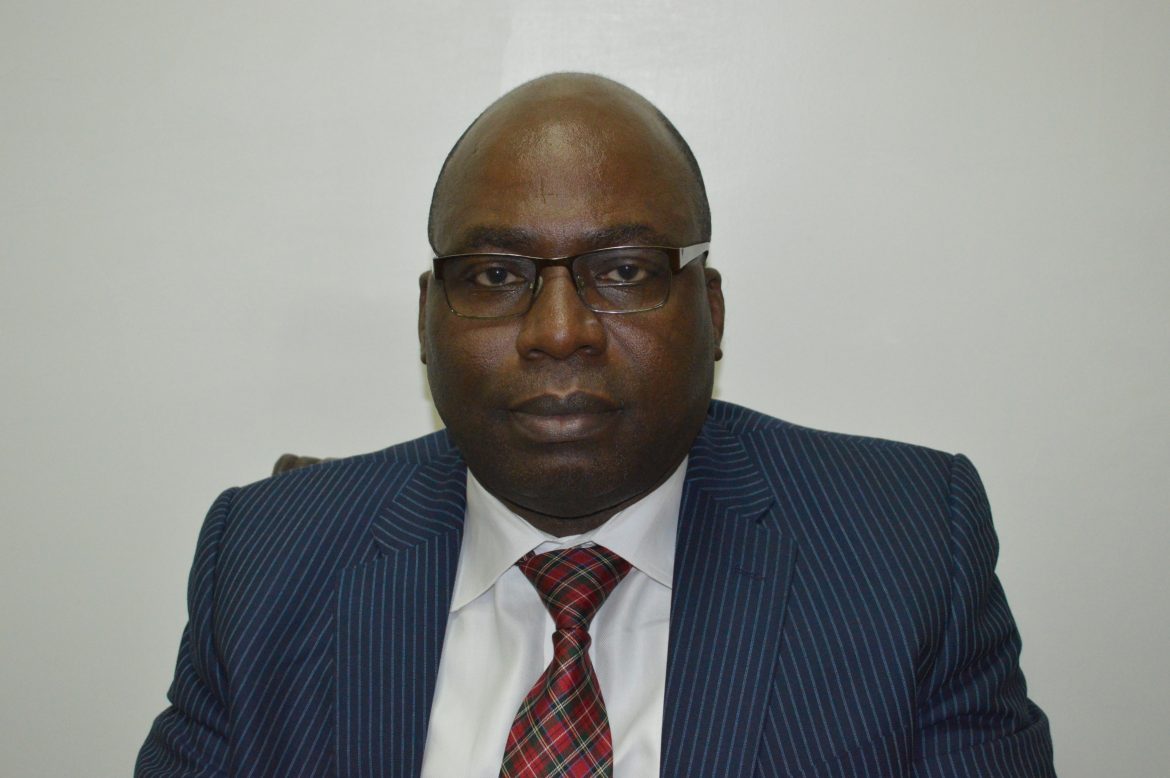“Indiscriminate recruitment has impacted the personnel budget such that the personnel wage bill has continued to rise geometrically almost doubling between 2015 and 2022 from N1.832trn in 2015 to N3.494trn in 2022,” he said.
Professor Owasanoye stated this in Abuja at the National Policy Dialogue, organised by ICPC through its Anti-Corruption Academy of Nigeria (ACAN).
He said there is a lack of transparency in the public service recruitment process across all tiers of government in the country irrespective of political party in power.
The ICPC boss said the policy dialogue was meant to deliberate on issues that focused on more systemic and institutional improvements, which also should be sustainable regardless of changes in political administrations.
“Lack of transparency in the recruitment process has been subject of discussions not only in the various mass media organs but also very vociferously in the legislative arms of government across levels. Some members of the executive arm of government have equally voiced their concerns on the matter.
“In actual fact, many Nigerians in both official and non-official quarters have expressed serious concerns over the growing patronage system in the public sector. For example, the Executive Governor of Borno state His Excellency Professor Babagana Zulum raised a serious concern that these days the recruitment into the Security Agencies (Nigerian Army, Police and others) has been politicized.
“And according to him, the governors, ministers and other top government functionaries have recruitment slots who are not interviewed whether they are qualified or not. It does appear to us that the meritocratic tradition in the public service which existed to some degree up to the 80s in our country is gradually disappearing with very few islands of recruitment integrity only remaining.”
Narrating a personal experience during the recent recruitment into the Nigeria Security and Civil Defence Corps (NSCDC), the minister said: “For the NSCDC, about 1.5 million applications were registered on the website. Those who met the requirements on age and height were about 750,000 and were asked to upload their certificates.
“A total of 217,000 applicants uploaded their certificates of which 113,000 were shortlisted to write the CBT but only 53,116 eventually sat for the test. It is from these that 5,000 were picked among the successful ones.
“It is a long and tortuous process. It is also a novelty. So we expect a lot of pressure. Some of the pressures are understandable. A woman came with her son after getting very high up people to influence his appointment. But we discovered that the son was far, far below the required height of 1.7 metres. Some applicants on wheelchairs also came, demanding for the statutory five per cent allocation for special people. We politely explained to them that the job is paramilitary, requiring strenuous physical exercise for which they are not eligible, given their physical condition.”
Speaking further, Aregbesola called for transparency and digitisation of recruitment process in order to eliminate secret recruitment, adding people would begin to see that the process is honest and transparent while the pressures abate.
He said: “In recruiting into the paramilitary agencies of the Nigeria Immigration Service (NIS) and the Nigeria Security and Civil Defence Corps (NSCDC), the board decided to advertise in the media to bring the information to the awareness of as many people as possible. This rules out secret recruitment.
“We also put away the manual mode of conducting tests to computer based tests that can be done in any location, eliminating the need to have a mass crowd together in one place. We hired a reputable examination body, the Joint Admission and Matriculation Board (JAMB) for the aptitude test.
“In addition, we included the National Identity Number (NIN) to authenticate the identities and bio data of applicants and eliminate fraud and possible impersonation.
“We also engaged the Federal Character Commission at all stages of the recruitment exercise. All these were done through a dedicated website.
“But I must say that Nigerians are reasonable people. Once they see the honest and transparency of our efforts, the pressures begins to abate.
“We have hope now that the transparency of the exercise will infuse credibility into recruitment and encourage those eminently qualified but cynical that because they don’t have anyone high up to push their case, will now start to have faith and show interest in future exercise.”



